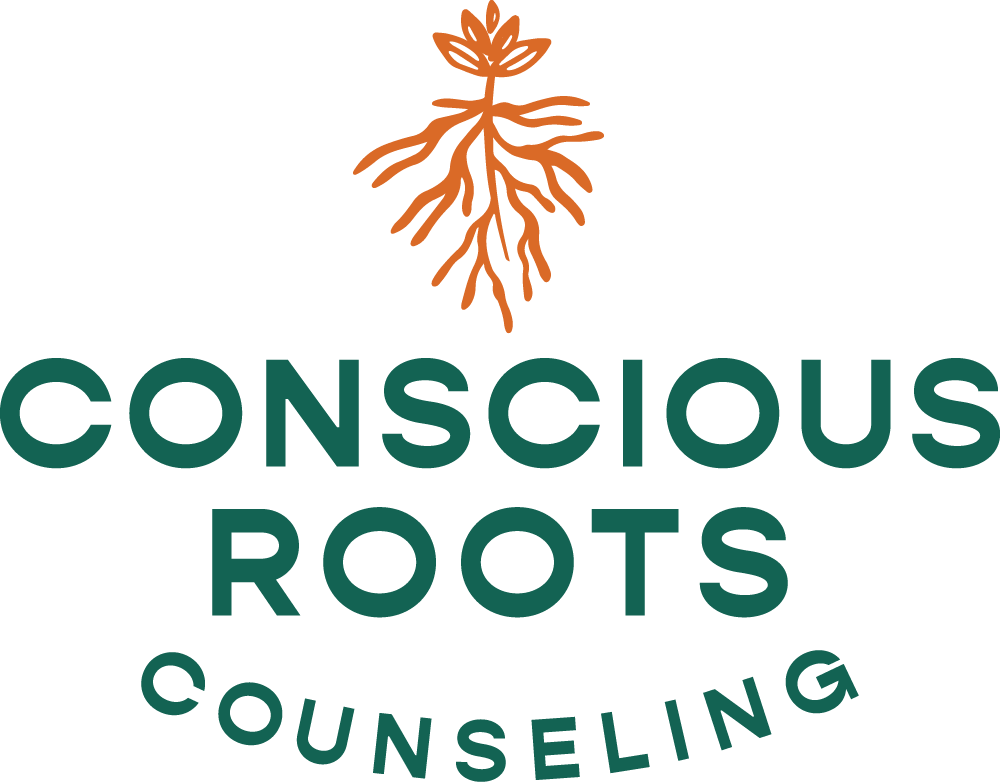Signs Your Child Could Benefit from Therapy
Pondering therapy for your child can stir up a lot of thoughts, feelings, questions, and concerns.
Is this normal?
Maybe this is just a phase.
Ambivalence.
Am I a bad parent?
They just like to push my buttons.
Worry.
They will grow out of this.
Uncertainty.
With all of these aspects, it is hard to know what is “right,” what is “best,” and what is “normal.”
“Normal” is emphasized by the Western culture and “compare” follows closely beside it. Sometimes, to determine if someone or something is “normal,” we “compare” it to others. This usually involves comparing children to their peers, classmates, kids on their soccer team, kids in the store, etc.
However, it is helpful to throw “normal” and “comparison” out the window. It is important to see your child as a worthy and unique individual and be able to identify their strengths, individuality, and vast capabilities. Sometimes, when feeling worried, stressed, and overwhelmed, we tend to focus on the negative. However, focus on your child’s positives first. What makes them unique? What makes them special? What do you love about them? There is a distinctive value of not being “normal” and it is important to find that first.
Next, with all of those positives at the core, begin to remind yourself that each child is growing at his or her own pace. This helps to shift your focus to a developmental lens. You are then able to begin to understand your child in the context of chronological and developmental age. This sets reasonable expectations for your child rather than rushing them through childhood. There are many resources out there to help understand this type of developmental lens and establish what is typically happening at each particular age.
The resources below will help you to look at your child through a developmental lens:
Ohio’s Early Learning and Development Standards from birth to 5 years old
The CDC has free and user-friendly handouts discussing development from birth to 17 years old
The book, “A Therapist’s Guide to Child Development: The Extraordinarily Normal Years” by Dee C. Ray is a wonderful resource that is not just for therapists.
Once a child’s positive qualities and development have been considered, you can begin to ponder:
The frequency, intensity, and duration of the symptom(s)
o How many times a day, a week, or a month is your child displaying the symptoms?
o What is the intensity of the symptoms?
o How long do the symptoms affect your child?
o If you feel the frequency, intensity, and duration of your child’s symptoms do not align with the developmental level of your child, then meeting with a therapist could be helpful
Are the symptoms present impairing your child’s functioning across settings?
o It is important to consider how the symptoms are affecting your child across settings as well as in their relationships. Consider whether and how much the symptoms are affecting their functioning at home, school, with caregivers, and in other relationships. If your child is struggling in multiple areas of life, then this can be a valid reason to seek out help.
Support system: What support do you have and what support does your child have?
o Parenting is hard. There is no “right,” “best,” or “normal” way to do it. It can be confusing. It can be challenging. It can be frustrating. It can be rewarding. Therefore, it is important to assess what support you have and what support your child has in order to help address the symptoms being experienced. If you need an extra layer of support on the best ways to manage the symptoms, reach out to a therapist.
Trust your gut
o The bottom line is, you are the expert of your child. If you are noticing changes within your child or symptoms being brought to your attention, talk to someone.
There are different opinions on what is “right,” what is “best,” and what is “normal.” Therapy is a safe and judgment-free place to explore what is “right,” “best,” and unique for you and your child.
If you do choose to seek out a therapist for child, we recommend looking for a Registered Play Therapist (RPT). RPT’s are mental health professional that have extensive training beyond graduate school specific to child therapy.

